10 Strange But True Facts About the Wild World of Bitcoin & Crypto
In the ever-evolving landscape of finance and technology, digital currency has emerged as a revolutionary force that challenges traditional notions of money and economic exchange. At the forefront of this digital revolution is Bitcoin, a decentralized cryptocurrency that has captivated the imagination of financial experts, technologists, and the general public alike. Bitcoin's inception in 2009 by the pseudonymous Satoshi Nakamoto marked the beginning of a new era, where currency could exist without physical form, governed not by central banks but by cryptographic algorithms and distributed networks. The allure of digital currency lies not only in its technological innovation but also in the stories and mysteries that surround it. This exploration is not just about Bitcoin but about the broader implications of digital currency and how it is redefining the way we think about value, trust, and power in the digital age.
1. The Genesis of Bitcoin and Its Mysterious Creator

The story of Bitcoin begins with its enigmatic creator, Satoshi Nakamoto, whose true identity remains one of the most tantalizing mysteries in the world of digital currency. In 2008, Nakamoto published a white paper titled "Bitcoin: A Peer-to-Peer Electronic Cash System," outlining a revolutionary concept for a decentralized currency that could operate without the need for a central authority. The following year, Nakamoto released the first version of the Bitcoin software, launching the genesis block and effectively bringing Bitcoin into existence. Despite the groundbreaking nature of this invention, Nakamoto's identity has never been conclusively revealed, leading to endless speculation and intrigue. Nakamoto's anonymity adds an element of mystery and allure to Bitcoin's origin story. Some believe Nakamoto could be a single individual, while others speculate that the name is a pseudonym for a group of developers. Over the years, numerous individuals have been suggested as potential candidates, but none have been definitively proven to be Nakamoto. This mystery has not deterred the growth of Bitcoin; rather, it has fueled its mythos, contributing to its allure as a currency that exists beyond the control of any single entity. The story of Bitcoin's creation and its mysterious creator sets the stage for the wild tales and peculiar truths that have emerged in the world of digital currency.
2. Wild Tales of Bitcoin Millionaires
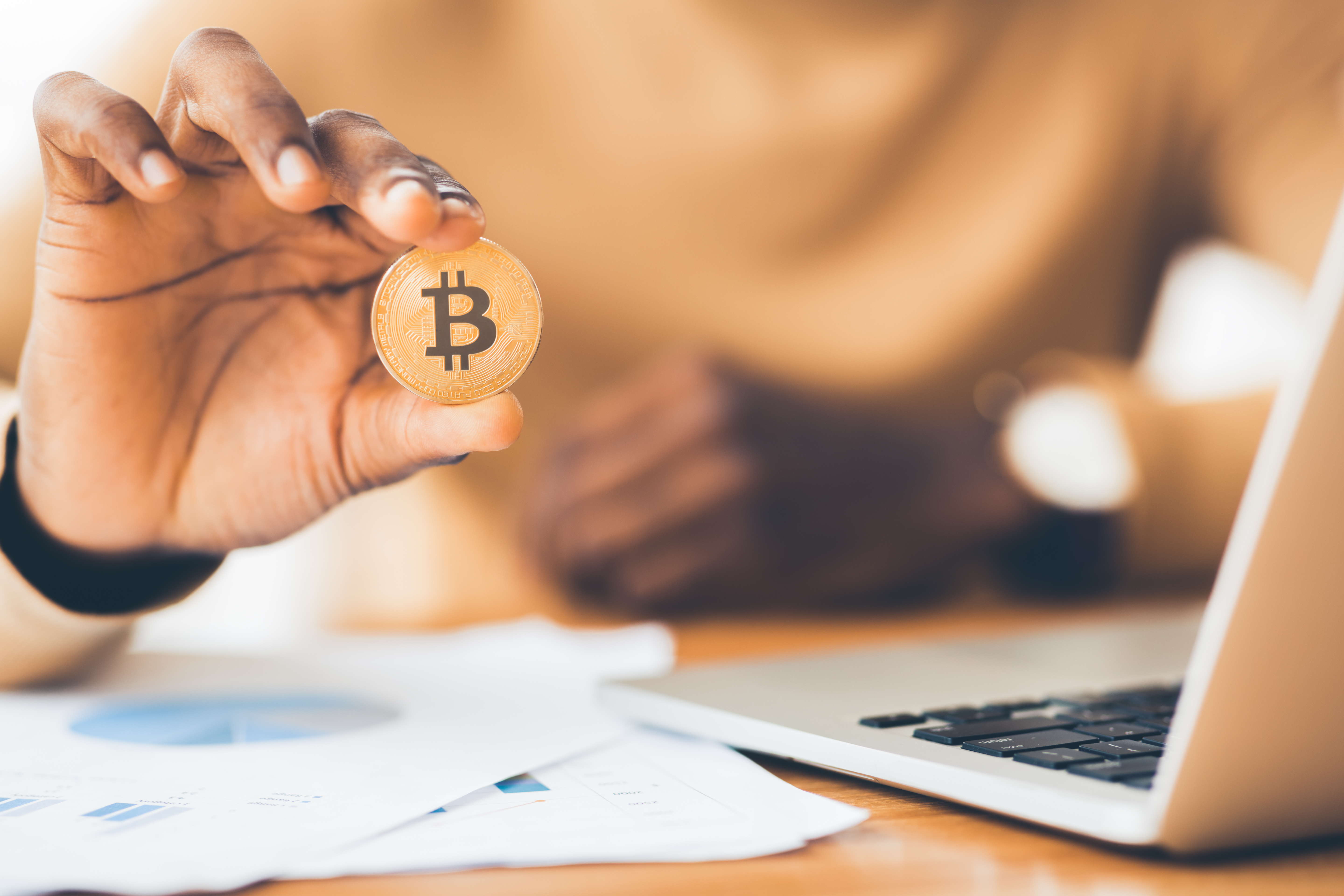
The rise of Bitcoin has been accompanied by stories of individuals who have amassed vast fortunes seemingly overnight, turning them into modern-day legends. One of the most famous tales is that of the "Bitcoin Pizza," a transaction that took place in 2010 when programmer Laszlo Hanyecz paid 10,000 Bitcoins for two pizzas. At the time, Bitcoin was worth mere cents, making the transaction a novelty. However, as Bitcoin's value skyrocketed in the following years, those pizzas became known as the most expensive in history, with their worth reaching millions of dollars. Another captivating story is that of the Winklevoss twins, Cameron and Tyler, who invested early in Bitcoin and became some of the world's first Bitcoin billionaires. Their journey from suing Facebook's Mark Zuckerberg to becoming prominent figures in the cryptocurrency world is a testament to the transformative power of digital currency. These tales of Bitcoin millionaires are not just stories of luck and timing; they highlight the potential for digital currency to create new forms of wealth and challenge traditional financial systems. As we explore these stories, we gain insight into the volatile and unpredictable nature of the cryptocurrency market, where fortunes can be made and lost in an instant.
3. The Dark Side of Bitcoin: Scams, Hacks, and Heists

While Bitcoin has created opportunities for wealth, it has also attracted its fair share of criminal activity, leading to wild tales of scams, hacks, and heists. The decentralized and pseudonymous nature of Bitcoin makes it an attractive target for cybercriminals, resulting in numerous high-profile incidents that have shaken the cryptocurrency world. One of the most infamous cases is the collapse of Mt. Gox, a Bitcoin exchange that was once the largest in the world. In 2014, Mt. Gox filed for bankruptcy after losing 850,000 Bitcoins, worth hundreds of millions of dollars, to hackers. This incident highlighted the vulnerabilities in the cryptocurrency infrastructure and the risks associated with digital assets. Scams and fraud are also prevalent in the world of digital currency, with Ponzi schemes and fake Initial Coin Offerings (ICOs) luring unsuspecting investors with promises of high returns. The case of OneCoin, a fraudulent cryptocurrency, serves as a cautionary tale of how easily people can be deceived by the allure of quick profits. These dark tales underscore the need for caution and due diligence in the cryptocurrency market, where the potential for reward is matched by the risk of loss. Despite these challenges, the resilience of Bitcoin and other cryptocurrencies continues to drive innovation and adoption, as they forge a new path in the world of finance.
4. Peculiar Truths about Crypto Mining
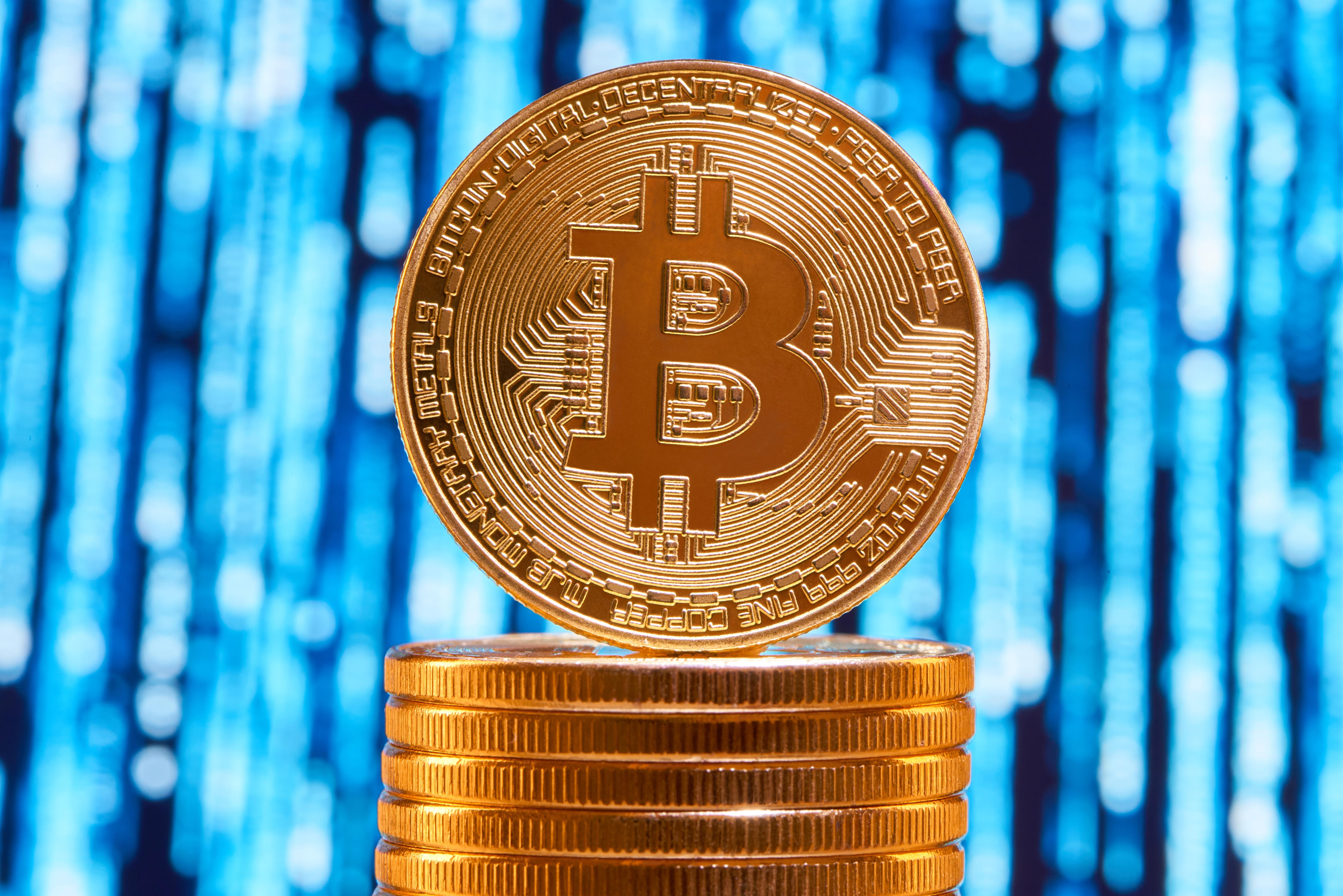
Crypto mining is the process by which new Bitcoins are created and transactions are verified on the blockchain. This process involves solving complex mathematical problems, a task that requires significant computational power and energy consumption. One of the peculiar truths about crypto mining is its environmental impact, as the energy used in mining operations has become a topic of concern and debate. According to some estimates, the energy consumption of Bitcoin mining rivals that of entire countries, raising questions about the sustainability of the cryptocurrency industry. Despite its environmental impact, crypto mining has become a lucrative business for those who can afford the necessary equipment and electricity costs. Mining operations have sprung up around the world, from large-scale industrial facilities to smaller, home-based setups. The competitive nature of mining has led to the development of specialized hardware, known as ASICs, designed specifically for mining cryptocurrencies. This technological arms race has transformed mining from a hobbyist activity into a highly competitive industry. The peculiar truths of crypto mining reveal the complex interplay between technology, economics, and environmental considerations in the world of digital currency.
5. The Rise of Altcoins and Blockchain Innovation

While Bitcoin remains the most well-known cryptocurrency, it is far from the only player in the digital currency space. The rise of altcoins, or alternative cryptocurrencies, has introduced a diverse array of digital assets, each with its own unique features and use cases. Ethereum, for example, has gained prominence for its smart contract functionality, enabling decentralized applications to be built on its blockchain. Other altcoins, such as Ripple, Litecoin, and Cardano, offer different advantages, from faster transaction speeds to improved security features. The proliferation of altcoins has driven innovation in the blockchain space, as developers experiment with new technologies and applications. This innovation extends beyond digital currency, with blockchain technology being explored for use in industries such as supply chain management, healthcare, and finance. The rise of altcoins and blockchain innovation demonstrates the potential for digital currency to transform not just the financial industry but the broader economy as well. As we delve into the world of altcoins, we uncover the diversity and creativity that define the digital currency landscape.
6. Bitcoin's Impact on Global Economies
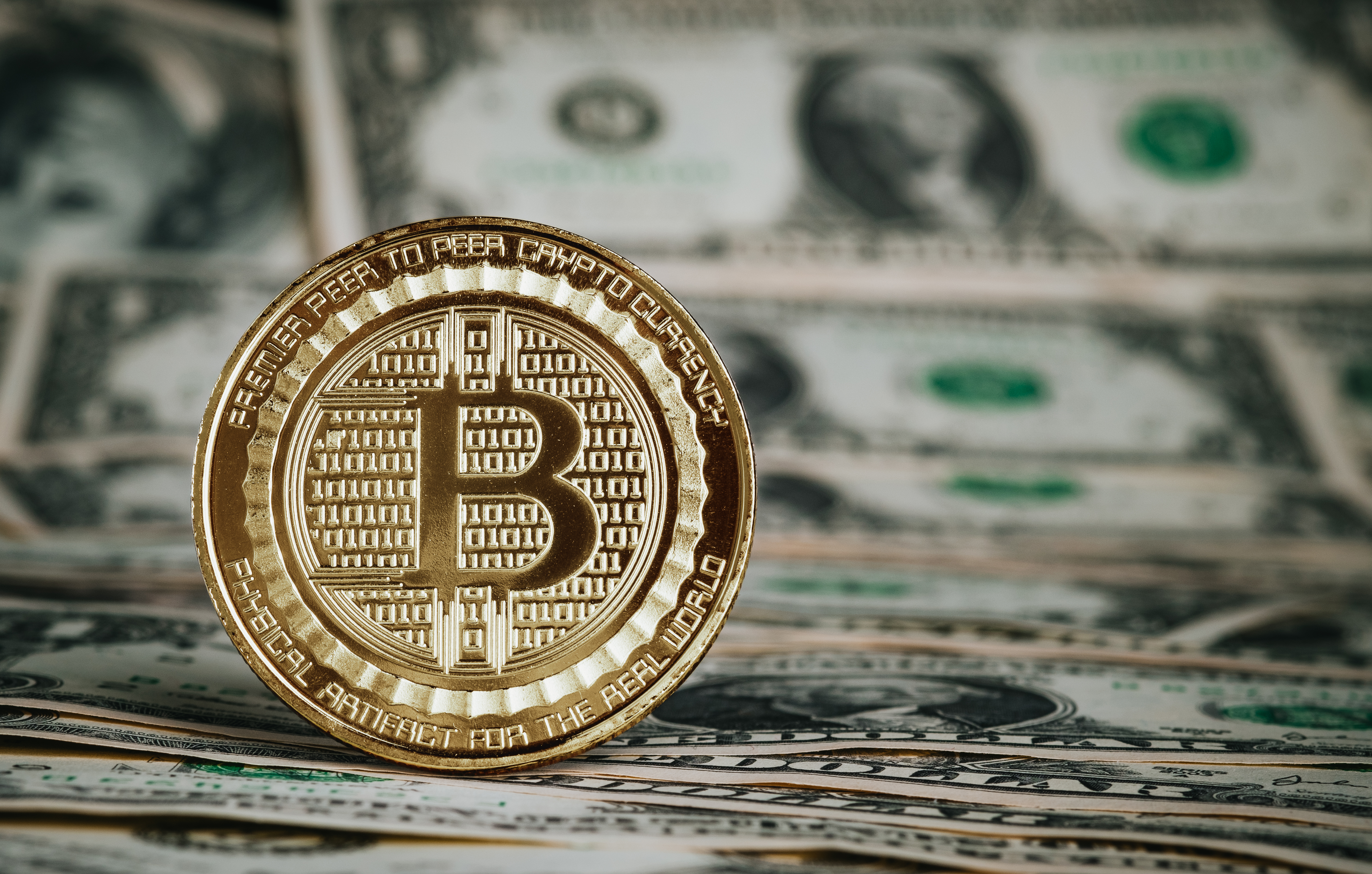
Bitcoin's influence extends beyond individual wealth and technological innovation; it has also had a significant impact on global economies. In countries with unstable currencies or restrictive financial systems, Bitcoin has emerged as an alternative means of storing and transferring value. In Venezuela, for example, hyperinflation has led many citizens to turn to Bitcoin as a way to preserve their savings. Similarly, in countries like Nigeria and Zimbabwe, Bitcoin has provided a means of financial inclusion for those without access to traditional banking services. The impact of Bitcoin on global economies is not limited to developing nations. In developed countries, Bitcoin and other cryptocurrencies are increasingly being recognized as legitimate financial instruments, with regulators and financial institutions exploring ways to integrate them into existing systems. The introduction of Bitcoin futures contracts and the growing interest in central bank digital currencies (CBDCs) are examples of how Bitcoin is influencing the future of finance. As we explore Bitcoin's impact on global economies, we gain insight into the broader implications of digital currency for economic stability, financial inclusion, and monetary policy.
7. The Cultural Phenomenon of Bitcoin
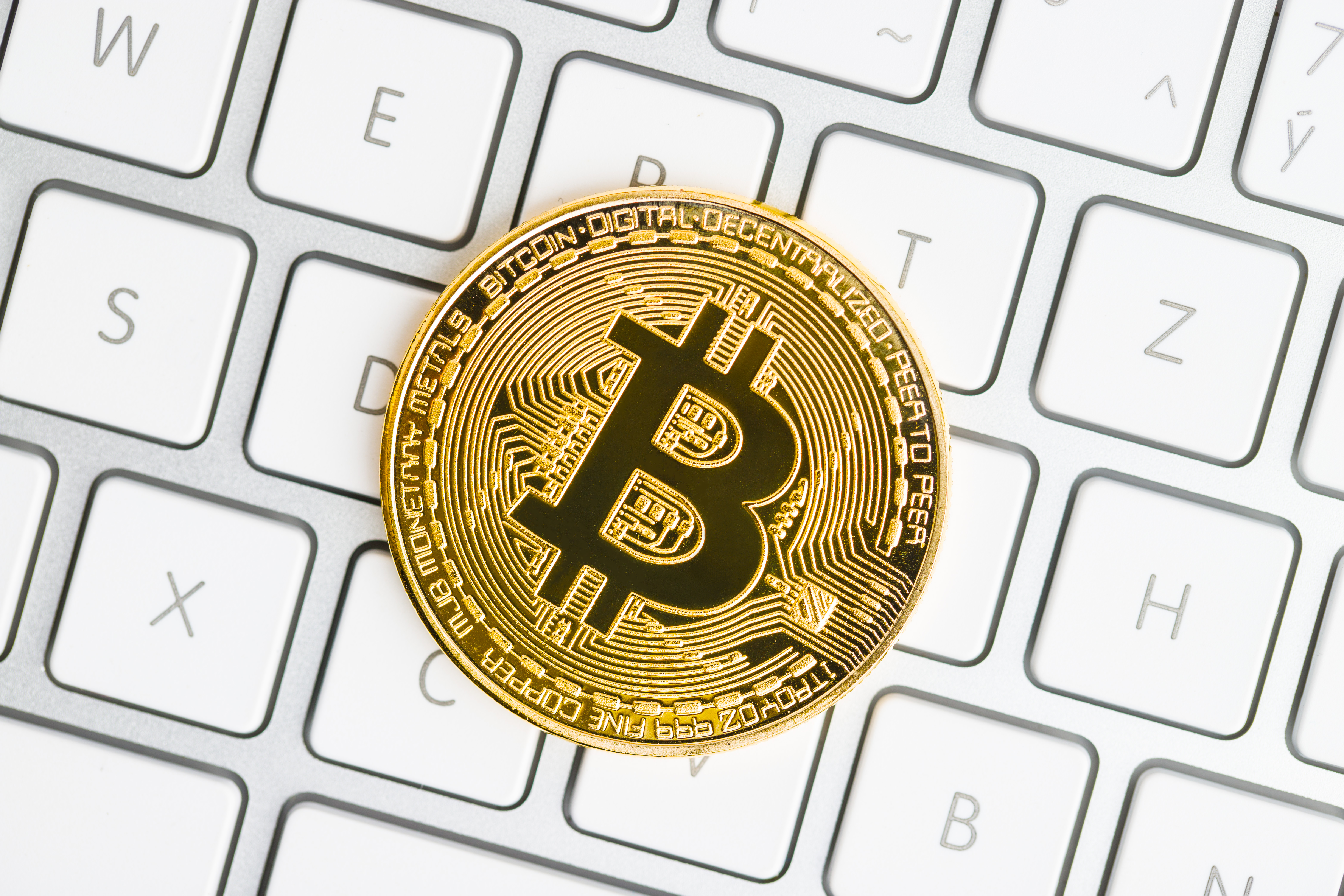
Bitcoin's influence extends beyond economics and technology; it has also become a cultural phenomenon that captures the imagination of people around the world. The rise of Bitcoin has inspired a new wave of enthusiasts, known as "Bitcoiners," who advocate for the adoption of digital currency and its potential to reshape society. This cultural movement is characterized by a strong sense of community, with forums, meetups, and conferences dedicated to discussing and promoting Bitcoin. The cultural phenomenon of Bitcoin is also reflected in the media, with documentaries, books, and films exploring the stories and impact of digital currency. The portrayal of Bitcoin in popular culture has contributed to its mystique and allure, as people are drawn to the idea of a decentralized currency that challenges traditional power structures. As we delve into the cultural phenomenon of Bitcoin, we uncover the ways in which digital currency is not just a financial innovation but a social and cultural movement that is reshaping the world.
8. Legal and Regulatory Challenges of Cryptocurrency
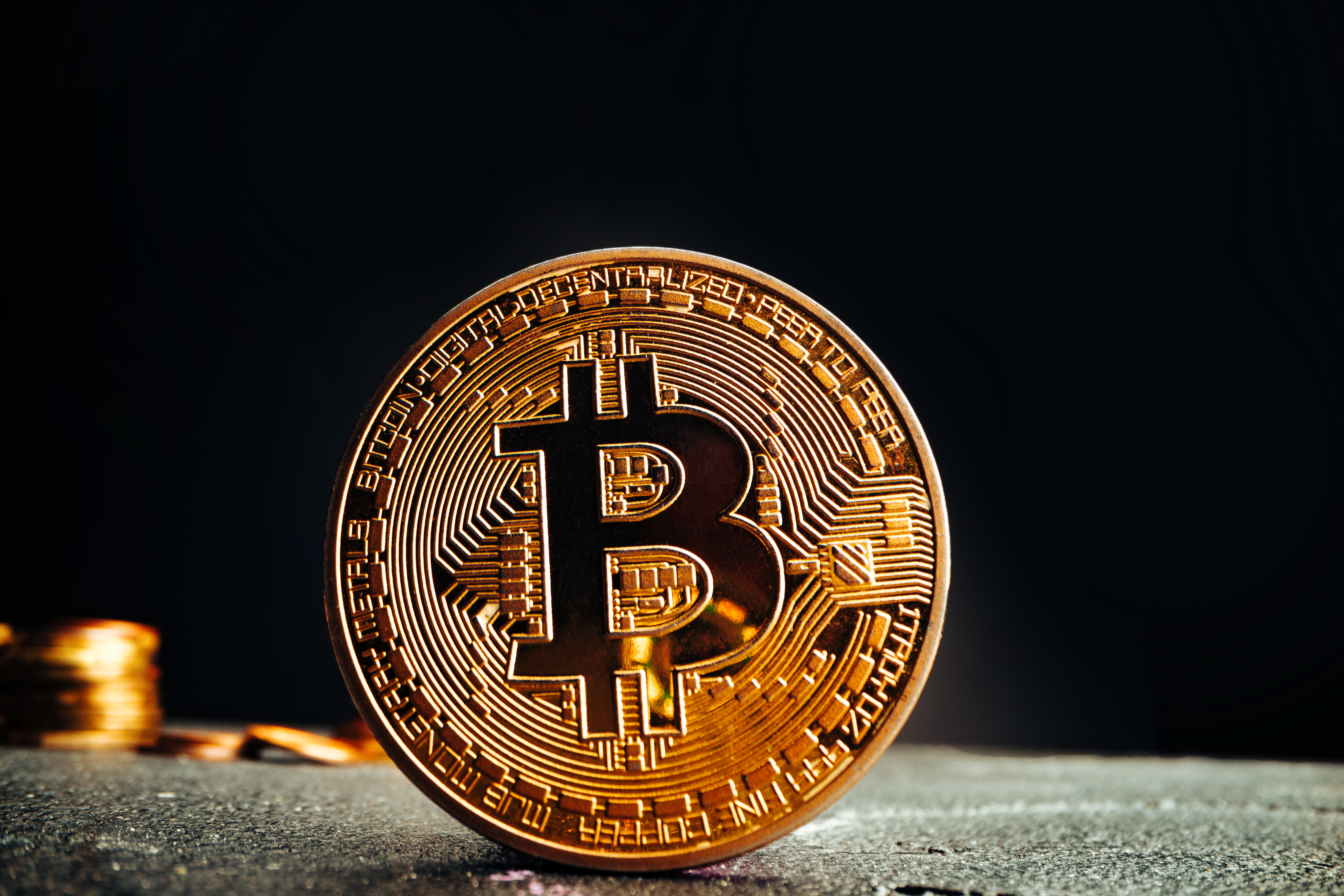
The rise of Bitcoin and other cryptocurrencies has posed significant legal and regulatory challenges for governments and financial institutions around the world. The decentralized and pseudonymous nature of digital currency makes it difficult to regulate, leading to concerns about its use for illegal activities such as money laundering, tax evasion, and funding terrorism. In response, regulators have sought to develop frameworks to govern the use and exchange of cryptocurrencies, balancing the need for oversight with the desire to foster innovation. Different countries have taken varying approaches to cryptocurrency regulation, reflecting their unique legal and economic contexts. Some, like Japan, have embraced digital currency, recognizing it as a legitimate form of payment and implementing clear regulatory guidelines. Others, like China, have taken a more restrictive approach, banning cryptocurrency exchanges and Initial Coin Offerings (ICOs). The legal and regulatory challenges of cryptocurrency highlight the complexities of integrating digital currency into existing financial systems and the ongoing debate over how best to balance innovation and security.
9. The Future of Bitcoin and Digital Currency

As we look to the future, the potential of Bitcoin and digital currency to transform the financial landscape is both exciting and uncertain. The continued development of blockchain technology and the rise of decentralized finance (DeFi) are paving the way for new financial products and services that challenge traditional banking and investment models. The growing interest in central bank digital currencies (CBDCs) suggests that governments are recognizing the need to adapt to the changing financial landscape and explore the potential benefits of digital currency. However, the future of Bitcoin and digital currency is not without challenges. Issues such as scalability, security, and environmental impact remain pressing concerns that must be addressed to ensure the long-term viability of digital currency. As we explore the future of Bitcoin and digital currency, we consider the opportunities and challenges that lie ahead and the potential for digital currency to redefine the way we think about money, value, and economic exchange.
10. Personal Stories from the Crypto Frontier
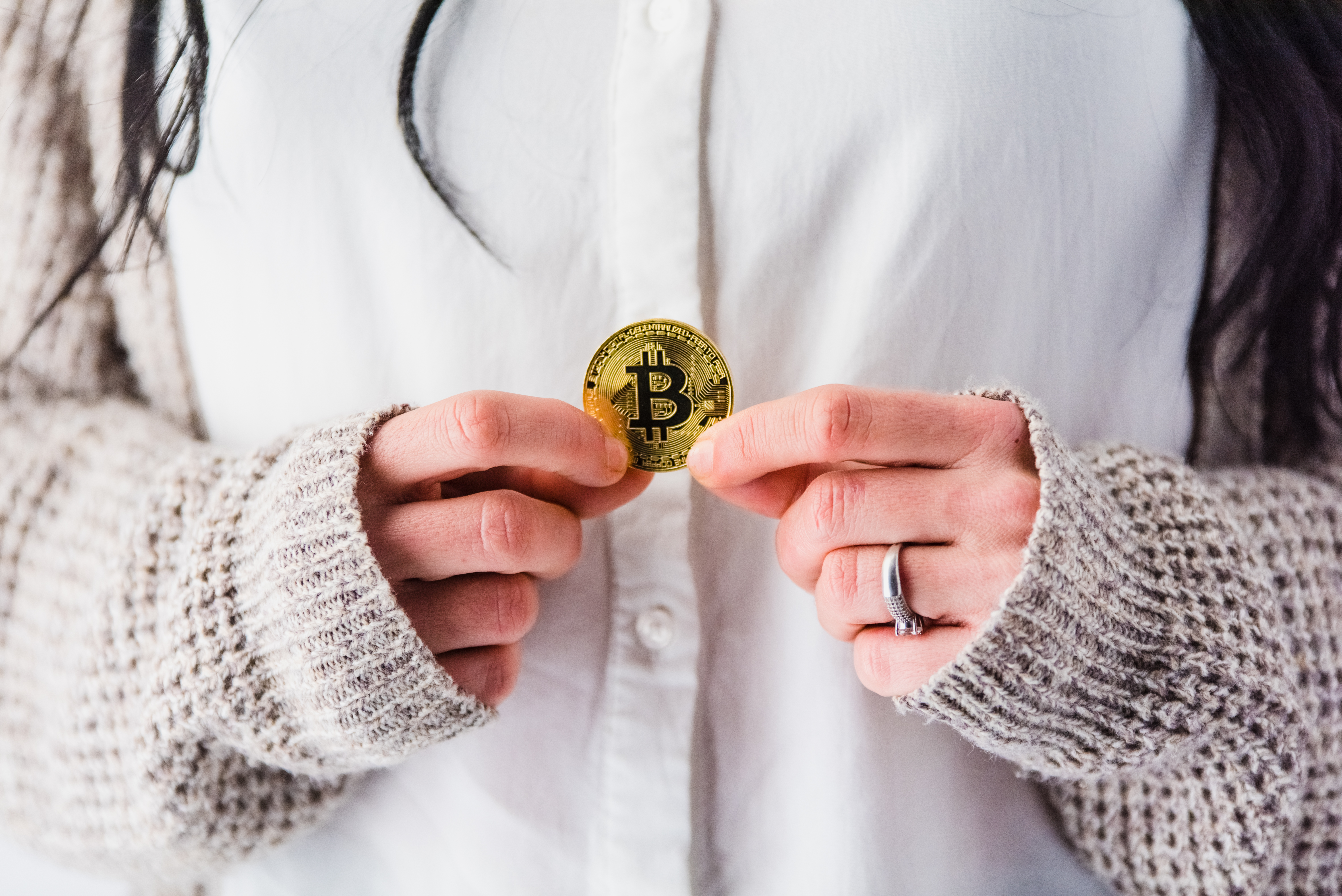
Amidst the technical complexities and economic implications of digital currency, personal stories from the crypto frontier offer a human perspective on its impact. From early adopters who took a leap of faith in Bitcoin's potential to those who have used digital currency to overcome financial barriers, these stories capture the diverse experiences of individuals navigating the world of cryptocurrency. The story of a young entrepreneur in Kenya who used Bitcoin to fund her education or the tale of a retiree who turned a modest investment into a comfortable nest egg illustrates the transformative power of digital currency on a personal level. These personal stories also highlight the challenges and risks associated with cryptocurrency, as individuals navigate the volatile and unpredictable market. The experiences of those who have faced scams, lost access to their digital wallets, or suffered significant financial losses serve as cautionary tales for others entering the crypto space. As we delve into these personal stories, we gain a deeper understanding of the human side of digital currency and the ways in which it is reshaping lives and communities.
The captivating realm of digital currency, with its wild Bitcoin tales and peculiar crypto truths, offers a glimpse into a future where money and value are redefined. The stories and innovations explored in this article highlight the transformative potential of digital currency to challenge traditional financial systems, empower individuals, and drive technological advancement. However, the journey of digital currency is not without its challenges, as issues of regulation, security, and sustainability continue to shape its evolution. As we embrace the digital currency revolution, it is essential to approach it with both curiosity and caution, recognizing the opportunities it presents while being mindful of the risks. The world of digital currency is a dynamic and ever-changing landscape, where innovation and disruption are the norm. By delving into this realm, we not only gain insight into the future of finance but also participate in the ongoing conversation about the role of money in our digital age.







